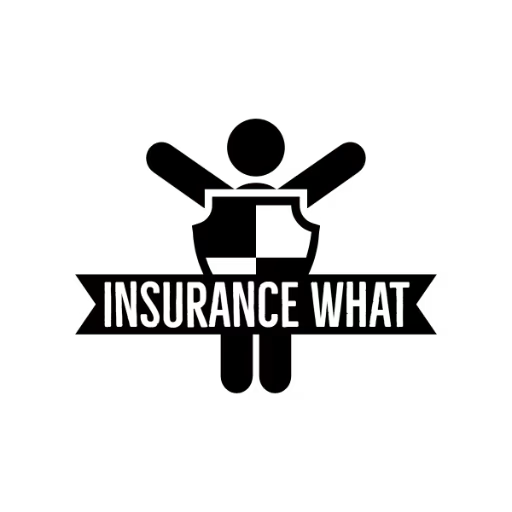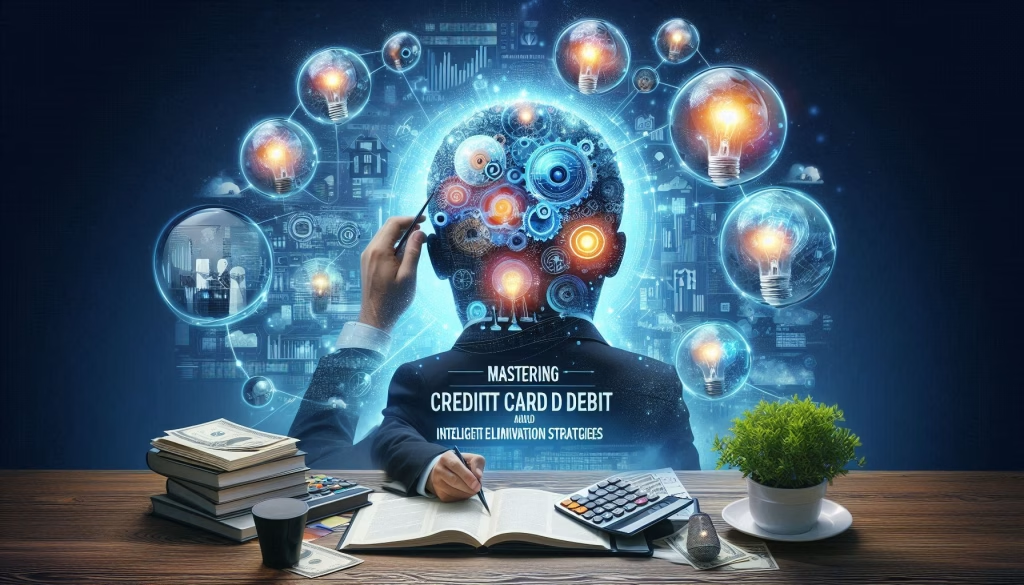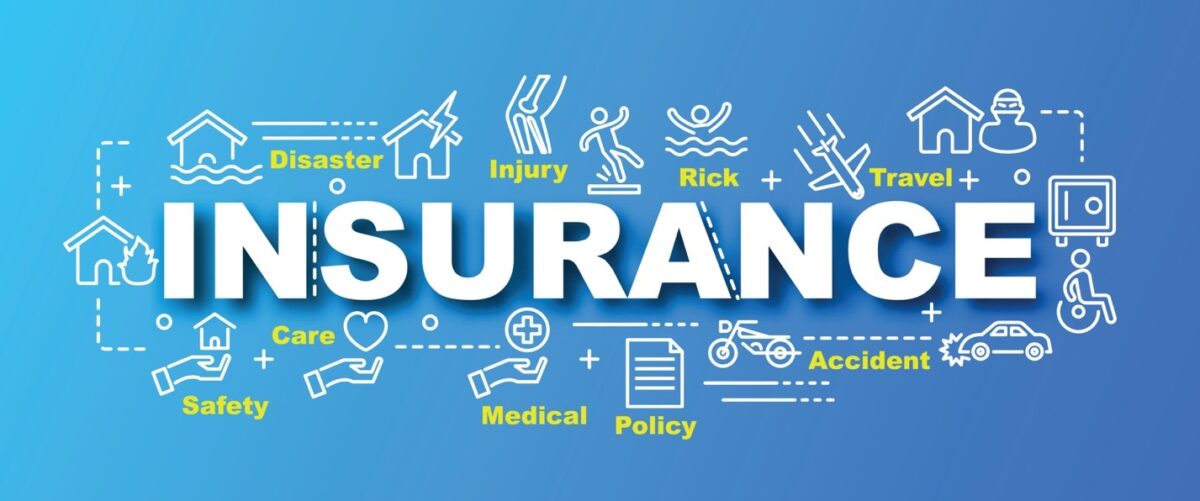Table of Contents
Overview
If you’re facing mounting credit card debt and find it daunting to clear the balances, don’t lose hope. With a commitment to resolving the debt, there’s always a strategy that can be pursued.
Credit card debt can arise from various factors, including a lack of understanding on how to manage credit cards effectively. For instance, if you only make the minimum payment on your credit card bill, the debt will accrue interest continuously and can ultimately balloon.
Paying credit card bills can be challenging when financial conditions are unfavorable. No one wants to face difficulties with their finances.
Particularly with credit card loans, which often have high interest rates, users can quickly fall into debt if they are not prudent in their usage.
Rather than being overwhelmed, it’s advisable to adhere to the six strategies for paying off credit card debt as outlined below.
Intelligent Elimination Strategies No.1
InsuranceWhat.com
Consider Halting The Use of Credit Cards Temporarily
Ceasing the use of credit cards is a crucial step in a plan to pay off debt arrears. While discontinuing credit card usage won’t halt the accrual of interest on the outstanding balance, it will prevent the total bill amount from growing. Persisting in credit card use will undoubtedly ensure that any plan to settle arrears remains unfulfilled.

The issue extends beyond mere financial mismanagement; it lies in flawed thinking and lifestyle choices. Therefore, it’s not a financial planner that one needs to consult, but rather a psychologist, to address and guide these underlying thought processes.
Intelligent Elimination Strategies No.2
InsuranceWhat.com
Develop a Priority Scale for Debt Repayment
This approach differs in terms of priority, particularly if you possess multiple credit cards that are all overdue. The optimal choice is yours to make, as you are the most knowledgeable about your financial circumstances.
- Prioritize Paying Off Credit Cards With The Highest Interest Rates: Prioritize paying off credit card debt with the highest interest rate first. This is crucial because the accruing interest can significantly increase your expenses if not addressed promptly. Once the high-interest credit card is settled, you can then turn your attention to cards with lower interest rates and smaller balances.
- Prioritize Paying Off Credit Cards with the Lowest Balances First: Another strategy is to tackle credit card debt by initially addressing the smallest outstanding balance. Once the smaller debt is cleared, you can then shift your focus to the larger debts. This approach depends on individual priorities and which bills are deemed more critical. Additionally, consolidating credit card debts could be a viable option to consider.
Intelligent Elimination Strategies No.3
InsuranceWhat.com
Create Small Holes to Fill in Large Ones
This approach may seem unusual, but it is feasible if you are determined to eliminate credit card debt. You can seek a debt consolidation loan to settle the credit card balance. However, it is crucial that the new loan has a lower interest rate than the credit card debt you wish to clear.
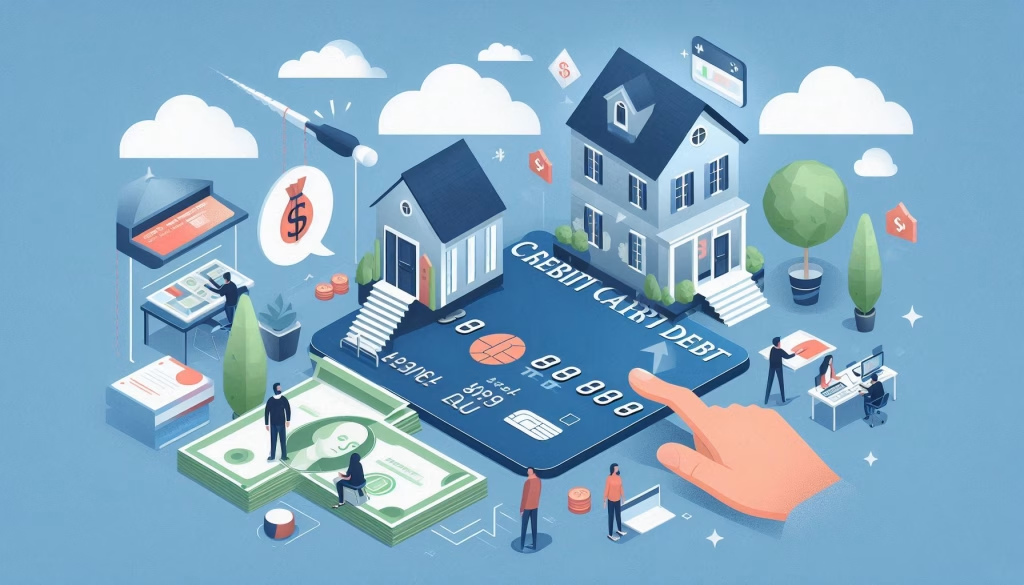
For instance, if the interest rate on credit card A is 3 percent, then the new loan should have an interest rate lower than 3 percent, or ideally, no interest at all. This approach may be somewhat drastic but can be effective in reducing the debt burden, even if it is a lengthy process.
Intelligent Elimination Strategies No.4
InsuranceWhat.com
Sell Assets or Use Savings
If you possess assets or savings, prioritize using them to pay off your credit card debt. It’s preferable to own nothing than to be burdened with debt and suffer sleepless nights. Be aware that credit card debt accrues compound interest, so settling it swiftly can prevent the debt from growing exponentially.
To reduce the burden of credit card interest without selling your assets, you can use equivalent collateral, like a house. Meeting the requirements for a home equity line of credit often results in a lower interest rate compared to unsecured borrowing.
Intelligent Elimination Strategies No.5
InsuranceWhat.com
Convert Credit Card Debt into Installments
If you cannot pay off your credit card debt in full immediately, the most effective action is to lessen the interest load on your credit card bills. This can be achieved by converting the overdue credit card bills into fixed installments over a set period.
Interest rates on fixed installments are generally much lower compared to credit cards. Some banks even offer fixed installment interest rates as low as 0.99% per month, which is significantly less than the typical 3% per month interest rate on credit cards.
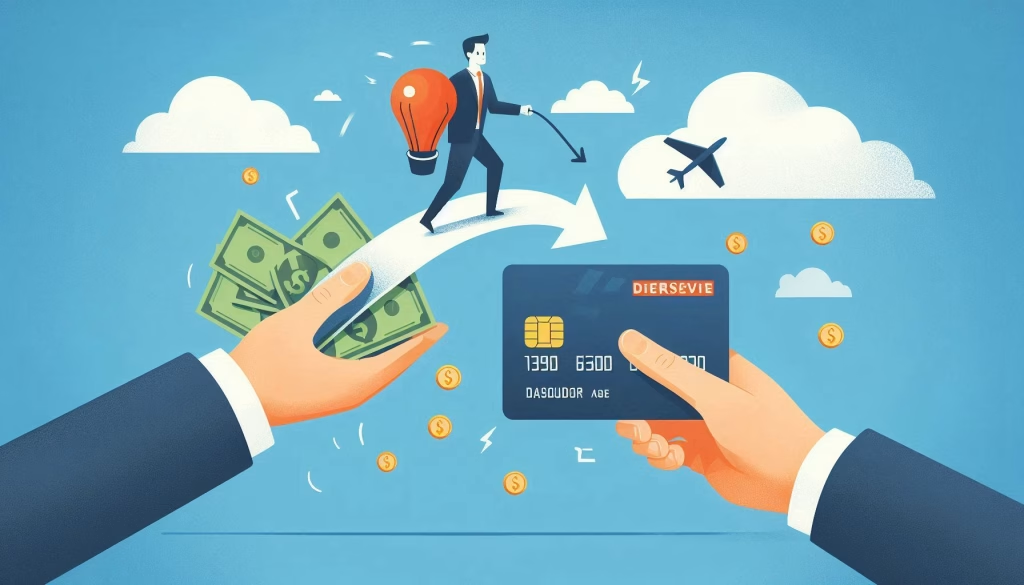
However, there is a common concern that converting to fixed installments may extend the debt repayment period. This is in contrast to general credit card debt, which can be repaid at any time.
Rest assured, most current payment plans with fixed installments offer the flexibility to be repaid at any time, without having to wait for the designated repayment period.
This allows users to settle their fixed installments whenever they have the funds available.
Intelligent Elimination Strategies No.6
InsuranceWhat.com
Negotiate with the Bank
This approach may be considered when all other options are exhausted. Negotiating with the bank to refinance credit card debt is one possibility. Alternatively, requesting the bank to halt the accrual of interest on the debt can prevent the total amount owed from increasing.
You may also request the bank to provide a temporary interest rate reduction, particularly for customers with a strong credit history.
Even without receiving an offer, customers still have the option to request a waiver or a reduction in interest rates, provided they meet certain terms and conditions.
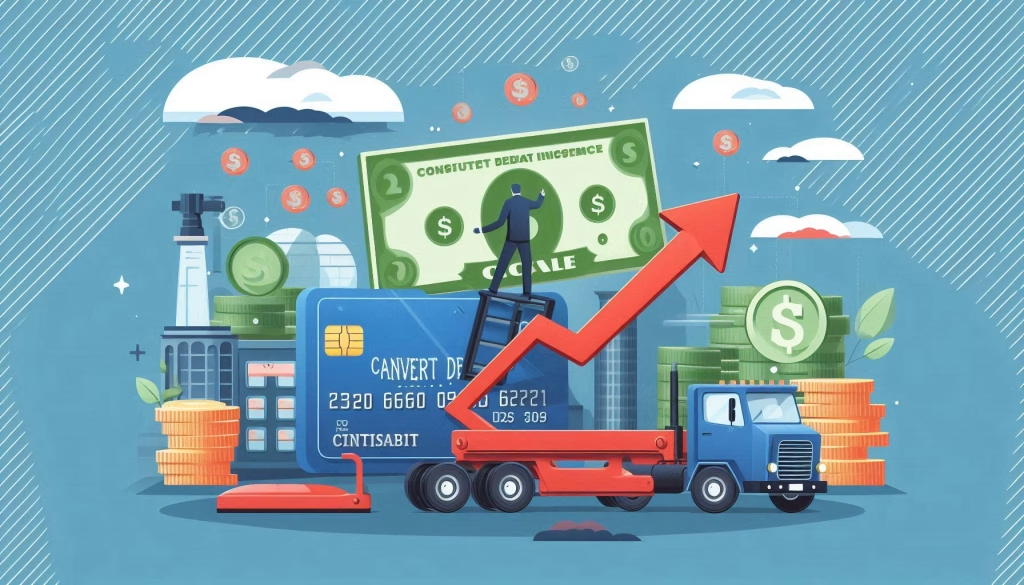
The Conclusion
Using Credit Cards Wisely
Owning a credit card demands responsibility and informed management by the cardholder. This is crucial to avoid falling into debt. Indeed, if used wisely, a credit card can offer numerous advantages, such as access to various promotions and conveniences for travel, movie-going, shopping, and dining out.
Do you think you have other ideas about Mastering Credit Card Debt: 6 Intelligent Elimination Strategies? You can comment and share your thoughts below, or discuss more in the InsuranceWhat Forum. Also, read more articles about GLOBAL INSURANCE or other interesting insurance topic articles only at InsuranceWhat.com.
